Title: The Versatility and Advantages of Flexible Cables in Modern Industries Introduction: In today’s fast-paced and rapidly evolving world, businesses require adaptable and reliable technological solutions to stay ahead of the competition. One such innovation is flexible cables, also known as flex cables, which are revolutionizing numerous industries. These cables offer unprecedented versatility, durability, and efficiency, making them an essential choice for a wide range of applications. This article delves into the various advantages and applications of flexible cables, highlighting their importance for businesses operating in various sectors. 1. Versatility: Flexible cables are designed to withstand repetitive bending, twisting, and flexing without compromising performance. This makes them an ideal choice for applications that require constant movement, such as robotics, automation, and machinery. Their flexibility allows them to navigate tight spaces and challenging environments, ensuring uninterrupted connectivity even in harsh conditions. With the ability to transmit electrical signals, power, and data without interruption, flexible cables empower businesses to operate smoothly and efficiently. 2. Customizability: Flexible cables can be customized to fit specific requirements, allowing businesses to optimize their operations. Custom configurations include various types of conductors, insulation materials, shielding options, and connectors.
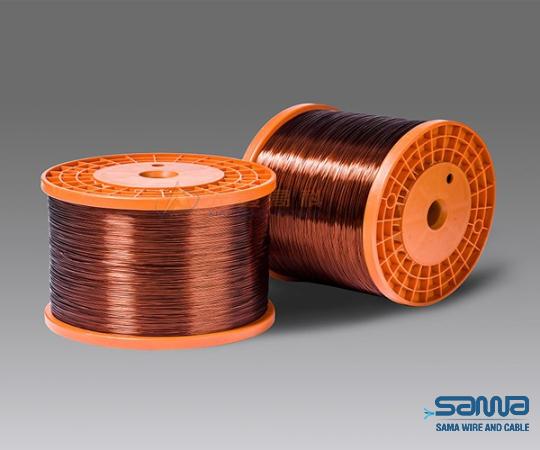
.
 This versatility ensures compatibility with different equipment, making them valuable for industries such as medical, aerospace, automotive, and manufacturing. Customization options also enable businesses to enhance safety, reduce signal interference, and improve overall system performance. 3. Durability and Reliability: Flexible cables are engineered to withstand extreme temperatures, harsh chemicals, moisture, and abrasion, ensuring long-lasting performance. Unlike standard cables, which may break or degrade under rigorous working conditions, flexible cables provide a robust and reliable solution. By minimizing downtime due to cable failures, businesses can maximize productivity and reduce maintenance costs. This enhanced durability makes them ideal for applications in industries such as oil and gas, military, and renewable energy, where reliable performance is paramount.
This versatility ensures compatibility with different equipment, making them valuable for industries such as medical, aerospace, automotive, and manufacturing. Customization options also enable businesses to enhance safety, reduce signal interference, and improve overall system performance. 3. Durability and Reliability: Flexible cables are engineered to withstand extreme temperatures, harsh chemicals, moisture, and abrasion, ensuring long-lasting performance. Unlike standard cables, which may break or degrade under rigorous working conditions, flexible cables provide a robust and reliable solution. By minimizing downtime due to cable failures, businesses can maximize productivity and reduce maintenance costs. This enhanced durability makes them ideal for applications in industries such as oil and gas, military, and renewable energy, where reliable performance is paramount.
..
 4. Flexibility for Rapid Innovation: In today’s dynamic business landscape, flexibility is key to success. Flexible cables allow businesses to adapt quickly to changing needs and embrace technological advancements. As industries evolve, the demand for higher data transfer rates, increased power capacities, and reduced space requirements grows. Flexible cables cater to these demands by providing customizable solutions that can be easily integrated into existing systems. This flexibility allows businesses to remain competitive while keeping up with the latest trends and innovations. 5. Cost-Effectiveness: Despite their superior performance capabilities, flexible cables offer significant cost advantages over traditional rigid cables. By minimizing the need for connectors, reducing installation time, and eliminating the risk of cable fatigue, businesses can save on both material and labor costs.
4. Flexibility for Rapid Innovation: In today’s dynamic business landscape, flexibility is key to success. Flexible cables allow businesses to adapt quickly to changing needs and embrace technological advancements. As industries evolve, the demand for higher data transfer rates, increased power capacities, and reduced space requirements grows. Flexible cables cater to these demands by providing customizable solutions that can be easily integrated into existing systems. This flexibility allows businesses to remain competitive while keeping up with the latest trends and innovations. 5. Cost-Effectiveness: Despite their superior performance capabilities, flexible cables offer significant cost advantages over traditional rigid cables. By minimizing the need for connectors, reducing installation time, and eliminating the risk of cable fatigue, businesses can save on both material and labor costs.
…
 Additionally, their durability translates into a longer operational life, reducing the frequency of cable replacements and associated expenses. With the potential for cost savings in both installation and maintenance, utilizing flexible cables can lead to improved bottom-line profitability for businesses. Conclusion: Flexible cables have emerged as a game-changer in numerous industries, offering unmatched versatility, durability, and customizability. Their ability to withstand constant movement, adapt to changing needs, and perform reliably in challenging environments make them a valuable asset for businesses operating in diverse sectors. By embracing flexible cables, companies can enhance efficiency, reduce downtime, and position themselves for future growth. As industries continue to evolve, the importance of leveraging flexible cables to meet changing demands cannot be overstated.
Additionally, their durability translates into a longer operational life, reducing the frequency of cable replacements and associated expenses. With the potential for cost savings in both installation and maintenance, utilizing flexible cables can lead to improved bottom-line profitability for businesses. Conclusion: Flexible cables have emerged as a game-changer in numerous industries, offering unmatched versatility, durability, and customizability. Their ability to withstand constant movement, adapt to changing needs, and perform reliably in challenging environments make them a valuable asset for businesses operating in diverse sectors. By embracing flexible cables, companies can enhance efficiency, reduce downtime, and position themselves for future growth. As industries continue to evolve, the importance of leveraging flexible cables to meet changing demands cannot be overstated.

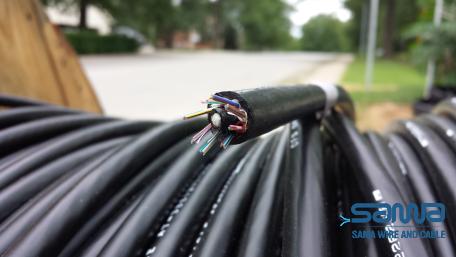
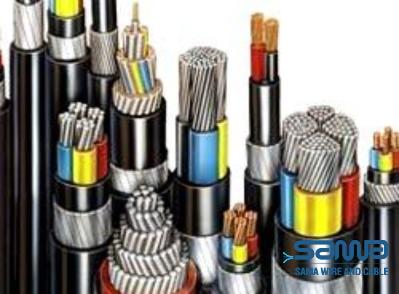


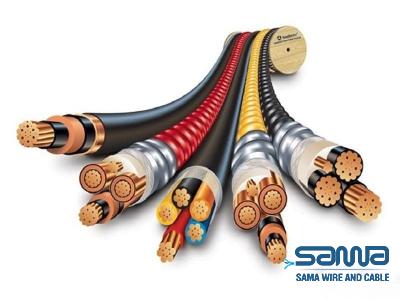
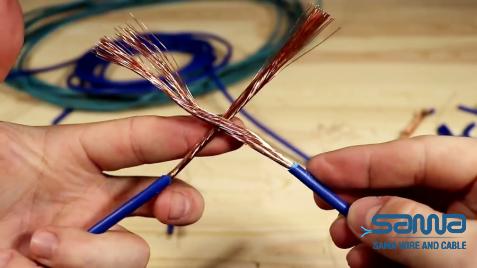
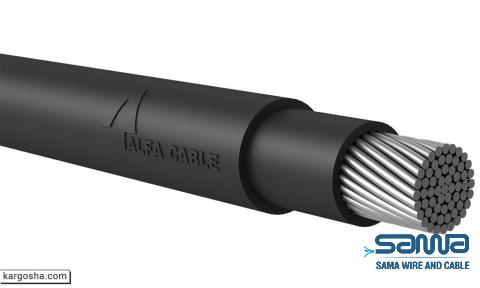
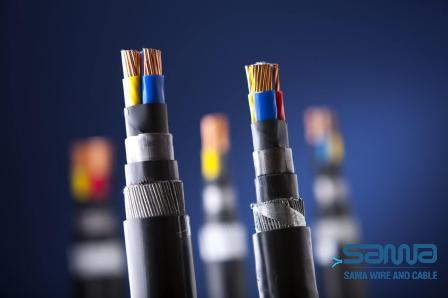
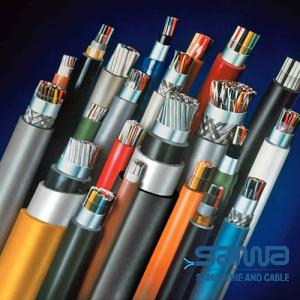
Your comment submitted.